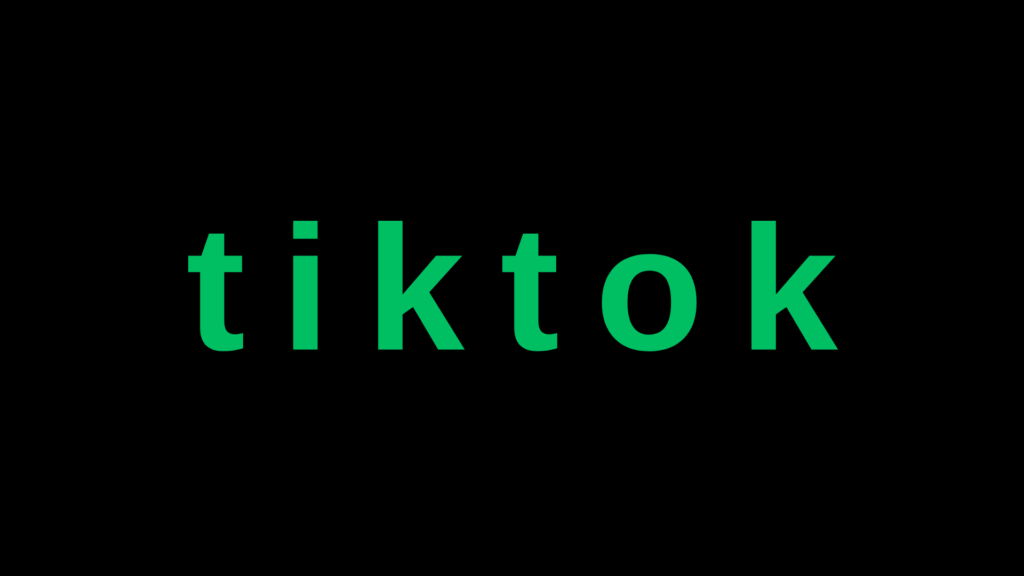
TikTok Bans: What’s Behind the Controversy?
TikTok has become a global phenomenon, boasting billions of downloads and an ever-growing user base. Yet, despite its popularity, the app has faced bans or restrictions in multiple countries. From concerns about data privacy to national security risks, TikTok’s future hangs in the balance.
In this article, we’ll explore the key reasons behind TikTok bans, the countries implementing restrictions, and what it means for the app and its users.
Why Is TikTok Getting Banned?
Several factors are driving bans on TikTok, including data privacy concerns, national security risks, and political tensions. Let’s examine these in detail.
1. Data Privacy Concerns
TikTok collects extensive user data, including:
- Location and device information.
- Browsing habits and app usage.
- Biometric data like face and voice prints (in some cases).
Critics fear that TikTok’s parent company, ByteDance, based in China, could be compelled to share this data with the Chinese government under Chinese law. This potential for misuse has raised alarms in countries like the United States, Canada, and the European Union.
2. National Security Risks
Governments worldwide are concerned about TikTok’s potential to be exploited as a tool for espionage or propaganda.
- Espionage Concerns: Officials fear TikTok could collect sensitive information from government employees, businesses, or individuals.
- Influence Risks: The platform could be used to spread misinformation or sway public opinion, especially during elections.
These risks have led to bans on TikTok being installed or used on government-issued devices in many countries.
3. Political and Geopolitical Tensions
TikTok has become a flashpoint in larger political disputes, especially between China and Western countries.
- Economic Rivalry: TikTok’s rapid success has made it a symbol of China’s growing influence in the global tech industry.
- Geopolitical Tensions: Broader conflicts, such as trade disputes and cybersecurity concerns, have fueled calls to ban the app.
For instance, in India, TikTok was banned in 2020 following border clashes with China, signaling how political tensions can directly impact tech companies.
4. Regulatory Scrutiny
TikTok has also faced scrutiny for failing to comply with data protection laws like the General Data Protection Regulation (GDPR) in Europe. Violations include:
- Collecting data on minors without adequate safeguards.
- Using data for targeted advertising without proper consent.
Fines and investigations have added to the pressure on TikTok, particularly in regions prioritizing user privacy.
5. Harmful Content and Social Impact
The platform has faced criticism for spreading harmful content, including:
- Dangerous challenges and trends that can lead to injury or death.
- Misinformation on sensitive topics like health and politics.
- Inadequate moderation of hate speech and explicit material.
These issues have led some countries to consider TikTok a risk to public well-being, especially for younger users.
Countries Banning or Restricting TikTok
- United States
- TikTok is banned on federal government devices due to national security concerns.
- Discussions of a full nationwide ban or forced divestment of TikTok’s U.S. operations are ongoing.
- India
- TikTok was permanently banned in 2020, citing national security and privacy concerns.
- European Union
- TikTok is under investigation for GDPR violations, and some countries have banned it on government devices.
- Canada and Australia
- Both have restricted TikTok’s use on government-issued devices, citing data security risks.
- Other Countries
- Nations like Pakistan and Indonesia have temporarily banned TikTok due to concerns about inappropriate content.
TikTok’s Response to the Bans
TikTok has taken several steps to address these concerns:
- Localized Data Storage: TikTok has announced initiatives like Project Texas and Project Clover to store user data in local data centers (e.g., in the U.S. and Europe).
- Transparency Efforts: The company has promised greater transparency, including opening transparency centers to show how data is collected and used.
- Lobbying and Legal Challenges: TikTok has actively engaged with governments and regulators to negotiate solutions and challenge bans in court.
What Does the Future Hold for TikTok?
The future of TikTok remains uncertain, particularly in regions where bans are being actively considered. However, the platform’s popularity ensures that it will continue to be a significant player in the social media space.
Key developments to watch include:
- Regulatory Outcomes: Will TikTok’s localization efforts and compliance measures satisfy regulators?
- Emergence of Competitors: Apps like Instagram Reels and YouTube Shorts could benefit if TikTok faces further restrictions.
- Global Precedents: The handling of TikTok bans may set a benchmark for other tech companies facing similar scrutiny.
Conclusion
TikTok’s meteoric rise has brought it under intense scrutiny, with bans stemming from concerns over privacy, security, and its social impact. While the platform continues to innovate and expand, it must navigate a complex landscape of geopolitical tensions and regulatory demands to secure its future.
For users, creators, and businesses, the question isn’t just whether TikTok will survive, but how these challenges will reshape the broader social media industry.
